Star Wars Jedi: Fallen Order bucks the trend - but are single-player campaigns doomed?
Games writers debate what the irresistible rise of battle royale and games-as-a-service means for the future of narrative-led single-player games

This may be an unfashionable view in these Tweet-length, emoji-voiced times, but surely the greatest strength of video-games is their ability to tell complex, involving stories at a greater length – and in a more immersive manner – than any other medium? Unique experimental stories, like What Remains Of Edith Finch, and sprawling 100-hour epics, such as Red Dead Redemption 2, are what make video-games a special and unique medium for storytelling. Yet, right now, it feels like narrative- led single-player campaigns are facing an existential threat. Is this a case of the industry throwing the baby out with the bathwater, in the pursuit of locking gamers into shared-world experiences and loot box economies with high profit margins that keep business executives and shareholders happy?

This article is taken from Official Xbox Magazine, your guide to Xbox One and with the inside track on Xbox One Series X. Subscribe now for as little as $9 for three digital issues.
Star Wars Jedi: Fallen Order - EA's plot-heavy single-player sci-fi adventure - has outperformed market expectations to become one of the top 10 selling games of 2019, but it is in danger of being the exception that proves the rule. Evidence that single-player campaigns – the home of narrative in games – could be in danger is out there. Activision set the ball rolling by axing Call Of Duty: Black Ops 3’s single-player campaign in favour of a multiplayer-only offering. BioWare – a studio lauded for its narrative prowess – seemingly forgot everything that made it such a beloved developer when creating Anthem, a money- spinning game-as-a-service with a nice- looking world and an awfully thin storyline. A whole generation of late-teen gamers weaned on Minecraft, who have since graduated to the likes of Fortnite and Overwatch, might not even be aware that it’s possible for games to have storylines.
There have been some excellent recent examples of games with plenty of narrative depth, like Metro: Exodus and Red Dead Redemption II, plus we have upcoming narrative treats from the likes of Cyberpunk 2077, Vampire: The Masquerade – Bloodlines 2 and Senua's Saga: Hellblade 2, along with a plethora of story-focused indie games that we can look forward to. However, this generation has shown big publishers are more determined to concentrate on games-as-a-service models that coerce audiences into co-operative or competitive multiplayer, making things look bleak for storytelling in games.

It might appear that it’s difficult to intertwine games-as-a-service with storytelling – but some of those who ought to know best disagree. Will Porter, best known for his writing work on Alien: Isolation and No Man’s Sky, says: “I don’t really consider it a threat, I consider it a different way of going about narrative that can still live alongside the more traditional model. To be honest, many modern games stick so rigidly to three-act Hollywood heroes’ journeys that rarely fit the extended runtime games allow for – so in some ways I think a shake-up that encourages experimentation is to be welcomed.”
Rhianna Pratchett, one of the games world’s most renowned narrative writers, with the likes of the Tomb Raider reboot, Mirror’s Edge and Overlord in her portfolio, also refrains from fingering games-as-a- service as an existential threat to narrative, but does agree they can be problematic for games writers. “From a writer’s perspective, there are always narrative challenges when dealing with any kind of open-ended story,” she explains. “You end up embedding more of the narrative in your characters, rather than plot. That can be fun, but as storytellers we tend to prefer (or at least feel more comfortable with) something having a beginning, middle and end.”
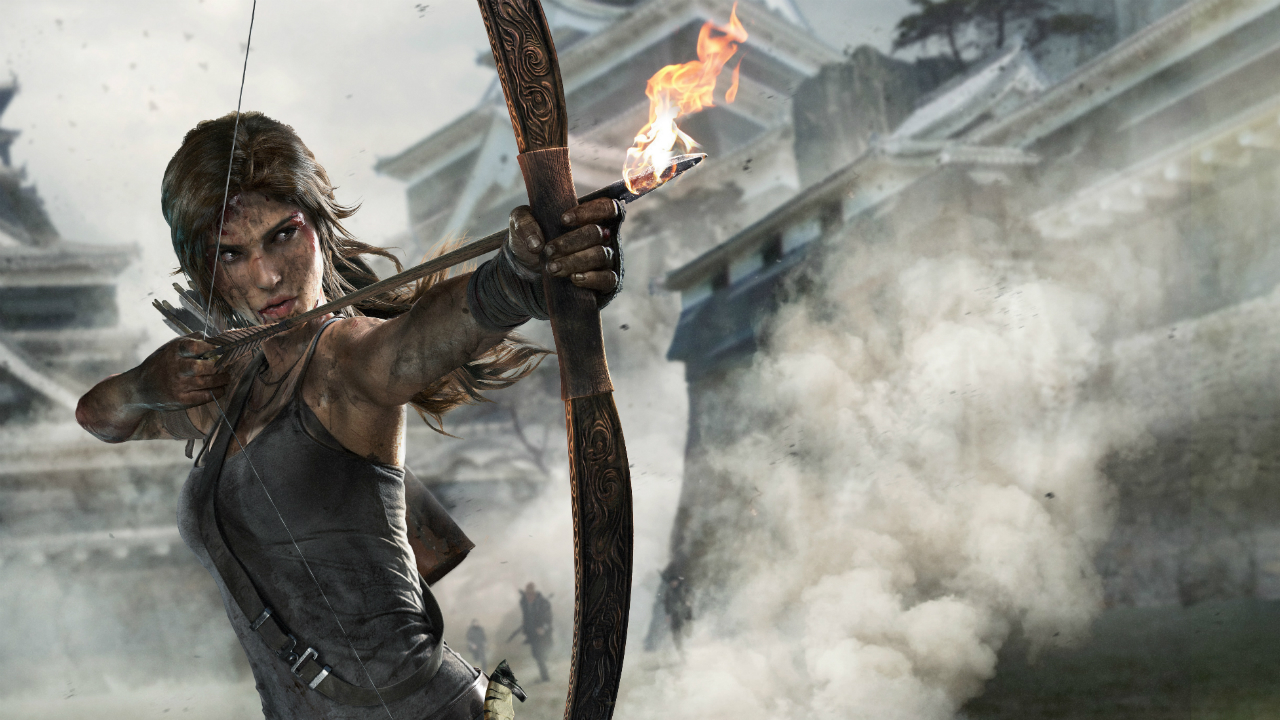
That’s a subject that Amy Hennig, who shot to fame at Naughty Dog as the lead writer of various Uncharted games (and last year saw a single-player Star Wars game she was directing for EA canned) addressed at the recent Reboot Develop Blue conference: “It’s a very weird place to be, because story, for me, is by definition finite and intentionally authored,” she explained. “It’s not something that just happens through a series of events that unspool procedurally. It has landmarks and a deliberate end.”
Why are publishers forcing us to play online?
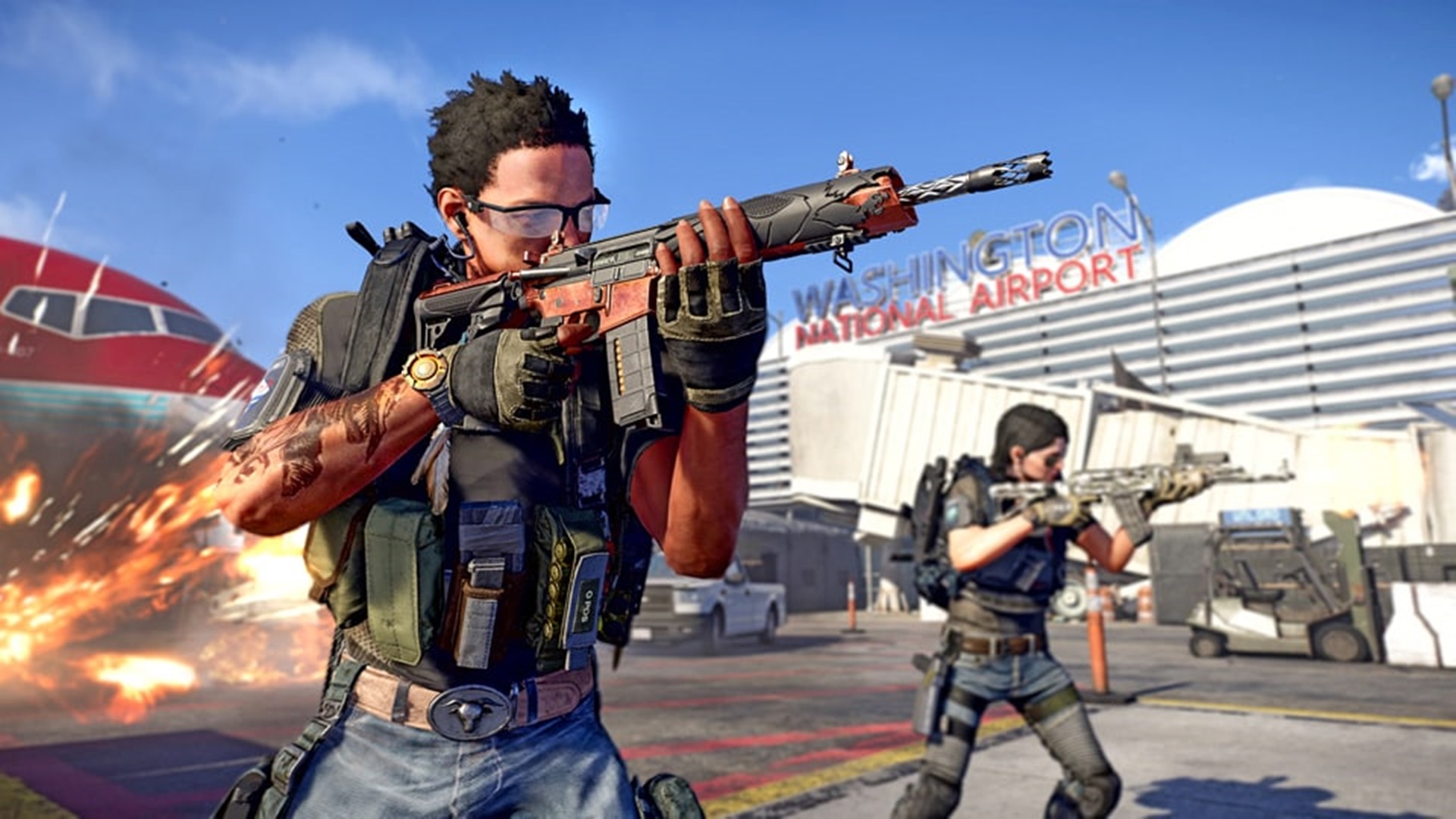
Even if the games industry’s collective writing brains trust finds a way to adapt to open-ended games, it’s still clear that in the minds of the biggest publishers, single-player campaigns are increasingly becoming seen as out of step with modern trends. Which explains why they are constantly trying to get us to play co-operatively or in PvP situations where storylines don’t apply.
And that’s a shame, since always-online games present gamers with countless hassles. There’s the organisational element, for example – once you’re old enough to have a working life, getting three mates together to play with you can be an impossibility and, at the very least, is incompatible with spontaneity. On top of that, there’s the sheer repetitiveness which is all that remains after narrative is stripped out of games. This is typified most obviously by battle royale games which, because they offer little beyond doing the same objective over and over, must keep players hooked by employing dubious practices like loot boxes that are founded on gambling principles.
Weekly digests, tales from the communities you love, and more
"In the mass media, deep and complex storylines have never been more prevalent"
Will Porter, Writer
Are the big publishers giving storylines the cold shoulder because modern audiences don’t have the attention spans to cope with them? “They probably do reduce the amount of deep storytelling that can be done,” explains Pratchett. “However, it does mean that you have to embed the story more firmly in the characters, which can be quite fun. When I worked on Rival Kingdoms for Space Ape Games, I was kept on a rolling contract just helping to create characters and backstories for them.”
Porter, though, feels blaming the decline of narrative in games on the perception that modern attention spans are shortening is too glib. “You can look at Battle Royale, sure,” he says, “but you could also point at box-set culture and the likes of Game Of Thrones which is at the pinnacle of that – in the mass media, deep and complex storylines have never been more prevalent.”
Are games simply too big and ambitious?
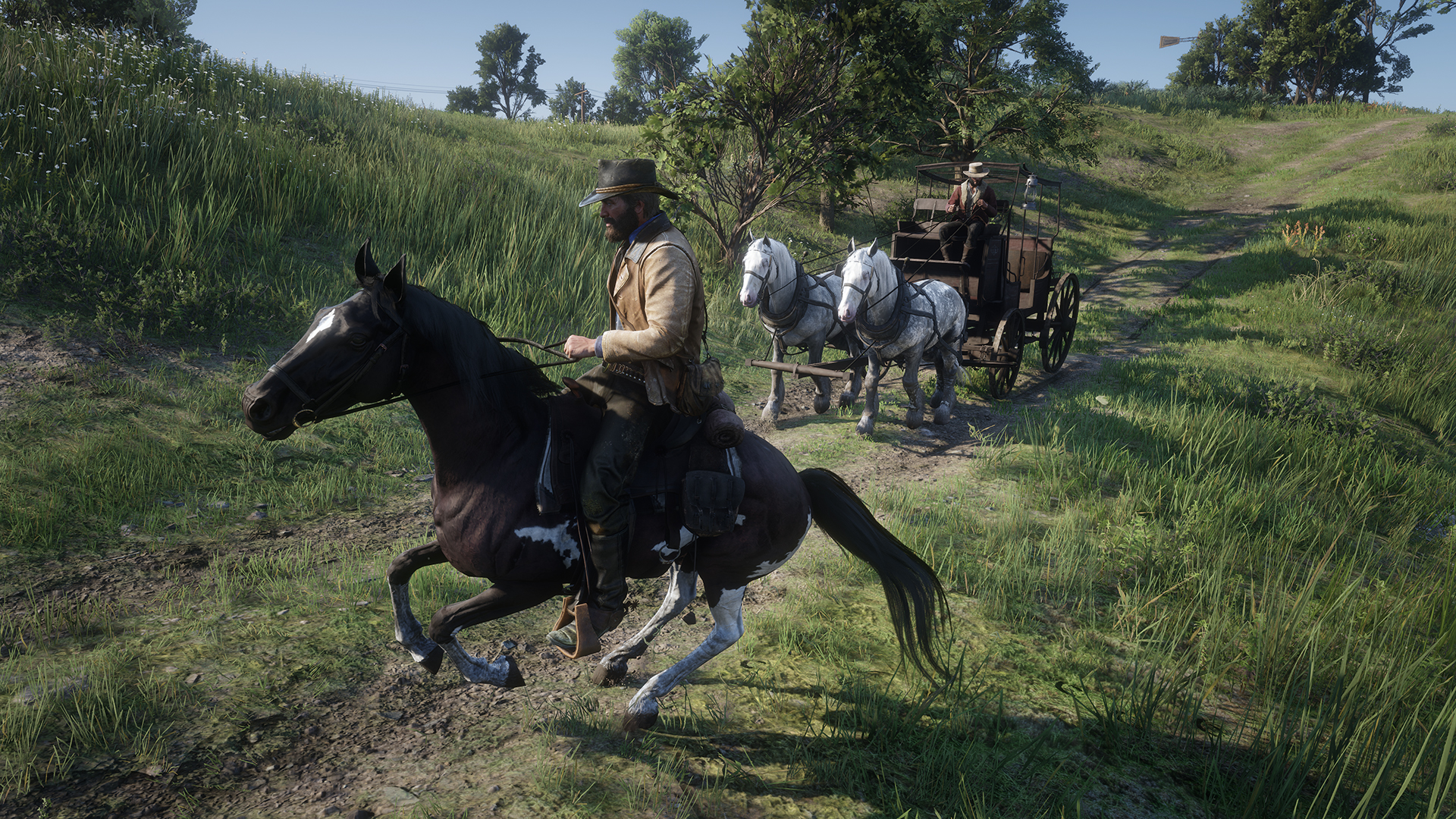
There is, however, one problem afflicting modern developers – and indeed modern game development as a whole – that Pratchett, Porter and Hennig all cite as problematic for games writers: an obsession with quantity over quality. In her Develop Reboot Blue address, Hennig said, “Across the board, we’ve doubled everything in size; we’ve also doubled our development time, and doubled our team sizes and yet our price point hasn’t changed.”
Pratchett also picks up on that. “I definitely agree that games are becoming quite bloated for the sake of delivering quantity over quality. When I started in the industry as a journalist over 20 years ago, there was a relative healthy middle ground in games, which had some of the freedom of indie, but some of the production values of triple-A,” she explains. “The Overlord games were a good example of that. Over the years we’ve seen that middle ground slowly disintegrate, until we’re left with indie on one side and huge triple-A on the other, with very little in between.”
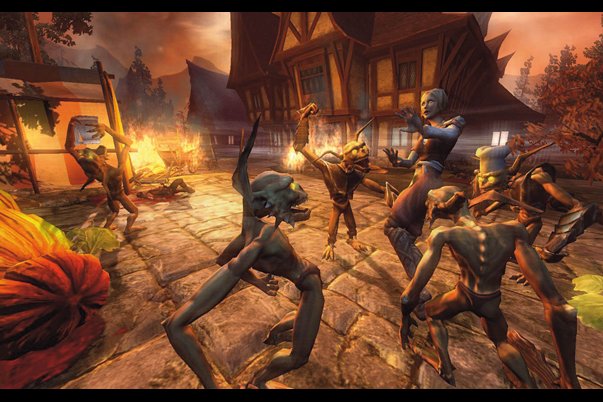
That’s a crucial point: nobody would dispute that indie developers remain loyal
to narrative-led design – all the more conspicuously so when triple-A publishers are chasing loot box-style cashflow. Pratchett has experience of working on both triple-A and indie games. “Broadly speaking, with indies you have a little more freedom to be creative and innovative,” she explains. “There can be more of a sense of trust and integration with other team members, and it can be easier to get your voice and viewpoint heard and represented in the game. With triple-A you get more shiny, bigger budgets and access to the highest quality performers and other talent. You can see your narrative realised on a completely different scale. However, it’s much harder to get your voice heard on bigger teams.
“Game writing used to be somewhat of a free-for-all in the past, often crafted by whoever had the time and inclination to do it, rather than skilled professionals,” Pratchett continues. “That created a residual feeling that anyone can do the writing – because anyone did – and as a result, writers can often get treated as secretaries for other people’s ideas and the machinations of would-be writers. This often leads to story-by-committee scenarios, which are the stuff of game writers’ nightmares.”
Where next for narrative games?
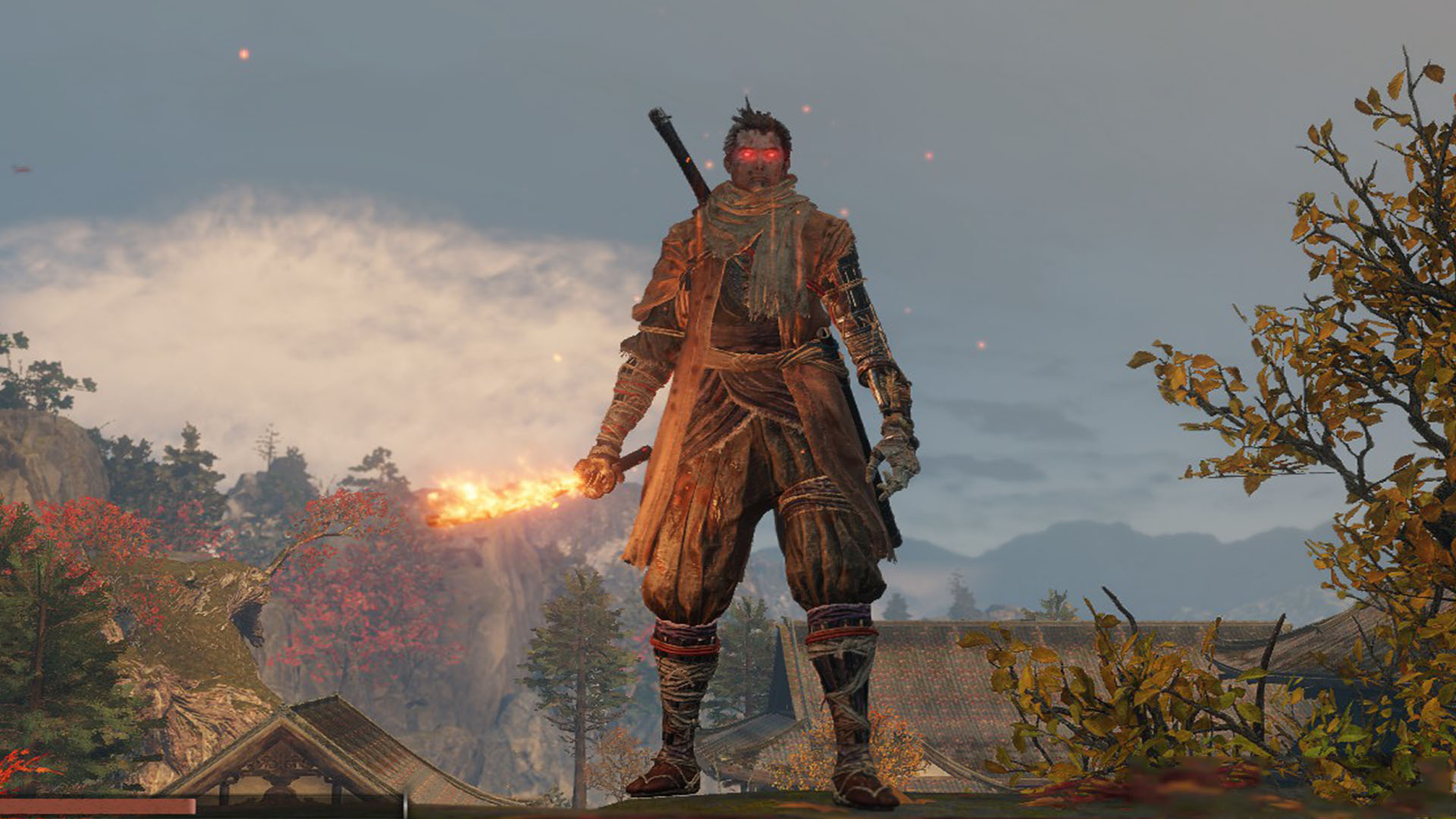
It would be nice if big publishers suspended their rush to make their shareholders richer, in order to think in a more philosophical, holistic manner about the nature of games as a medium. To give publishers some credit, narrative games are still being made: Resident Evil 2, Sekiro: Shadows Die Twice and Star Wars Jedi: Fallen Order, published by Capcom, Activision and EA respectively, show that they’re not dead. But is there a way to marry story-led experiences and games-as-a-service mediums?
Rockstar Games, with its huge resources and willingness to give its games long development cycles, has shown that it is possible to make narratively rich games that also function as games-as-a-service. And it will be fascinating to see what Bungie can do with Destiny now that it has full control over the franchise.
Writing good stories for games is hard, and it would be a travesty if the top publishers used that as an excuse to abandon narrative. But the irony is that, as Pratchett points out, it’s only recently that games writing evolved into something resembling a proper discipline: “When I first started out in games writing, I didn’t have any mentors, or writers’ rooms. I was often the only writer on a project. I had to succeed and fail on the job and work it out for myself as I went along. Now writers coming up have more support, options and space to grow. I’m slightly jealous. What started out as a dirt track is now a proper road.”
Let’s hope this anti-narrative climate is a speed hump, rather than a cul-de-sac.
Save up to 54% on an Official Xbox Magazine print and digital subscription today


